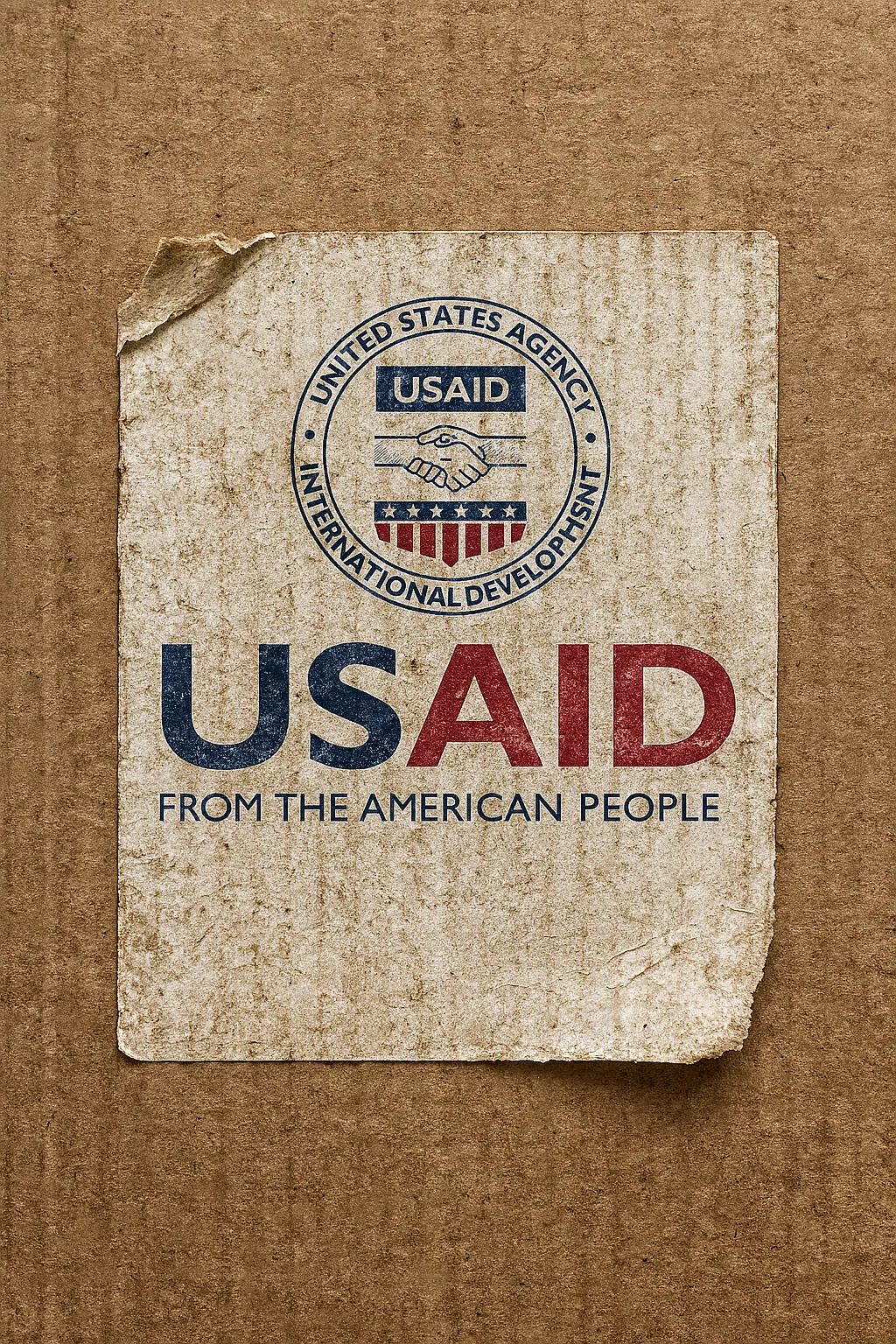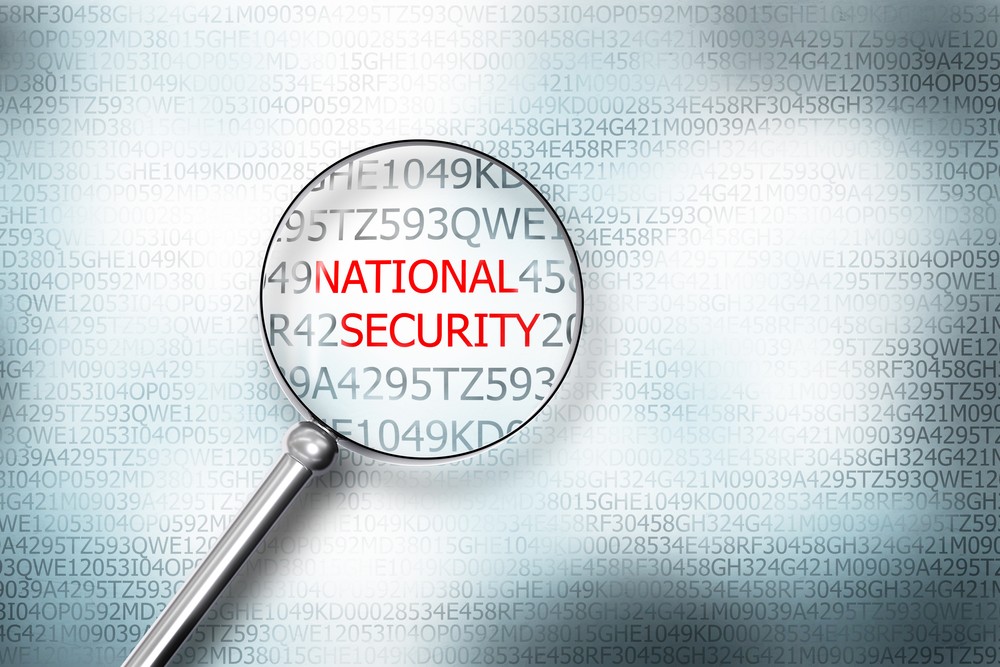For decades, U.S. foreign assistance, particularly humanitarian and development aid, was guided by what can now be called old school idealism. This approach viewed aid as a symbol of American moral leadership. It is assumed that with enough goodwill, technical support, and democratic encouragement, even the most fragile states could be nudged toward good governance and alignment with Western values.
But recent history has laid bare the limits of that vision. Wilsonian aspirations alone do not produce strategic outcomes. While the people of most nations are decent, hopeful, and eager for stability, their leaders often are not. Too many are authoritarian, transactional, and adept at playing both sides of great-power competition. In this reality, the United States cannot simply extend well-meaning aid and hope for reform. It must engage shrewdly, pragmatically, and with strategic precision.
That imperative is the foundation of A4AL’s Strategic Investment Framework, a model emerging in response to intensifying geopolitical pressure, growing Chinese influence, and the erosion of Western leverage in key regions. This framework redefines the role of U.S. foreign assistance in the 21st century:
Foreign Aid must be a tool of national security. Investments in critical infrastructure, secure supply chains, and digital ecosystems must serve dual purposes: improving lives and reinforcing U.S. strategic positioning. U.S. foreign aid must be considered a non-negotiable aspect of U.S. national security policy.
Humanitarian Aid must be fast, flexible, and frictionless, not entangled in bureaucracy or moral deliberation. Rapid delivery, especially in moments of crisis, builds trust, opens doors, and counters malign influence before it takes root. After the crisis, policies designed to open investment opportunities and build a path to self-sufficiency are a must.
Engagement must follow clearly defined Lines of Effort (LOEs) tied to American strength such as access to critical minerals, maritime and cyber infrastructure, migration deterrence, and economic resilience not vague aspirations.
We must engage in ways that deliver outcomes aligned with U.S. interests and regional stability. The objective is not to remake the world in America’s image, it is to make the world stable, more prosperous for all, and less dependent on authoritarian alternatives.
The belief that we could out-compete adversaries by out-moralizing them is over. What replaces it is not cynicism, but clarity: a worldview in which national security elements are not shoved into the corner until they are needed. American generosity should be guided by strategy, and our investments should advance both principled goals and practical power.
The views expressed in this piece are those of the author and do not necessarily represent the position of the Alliance 4 American Leadership (A4AL) alone. Alliance 4 American Leadership would like to acknowledge the many generous supporters who make our work possible.














